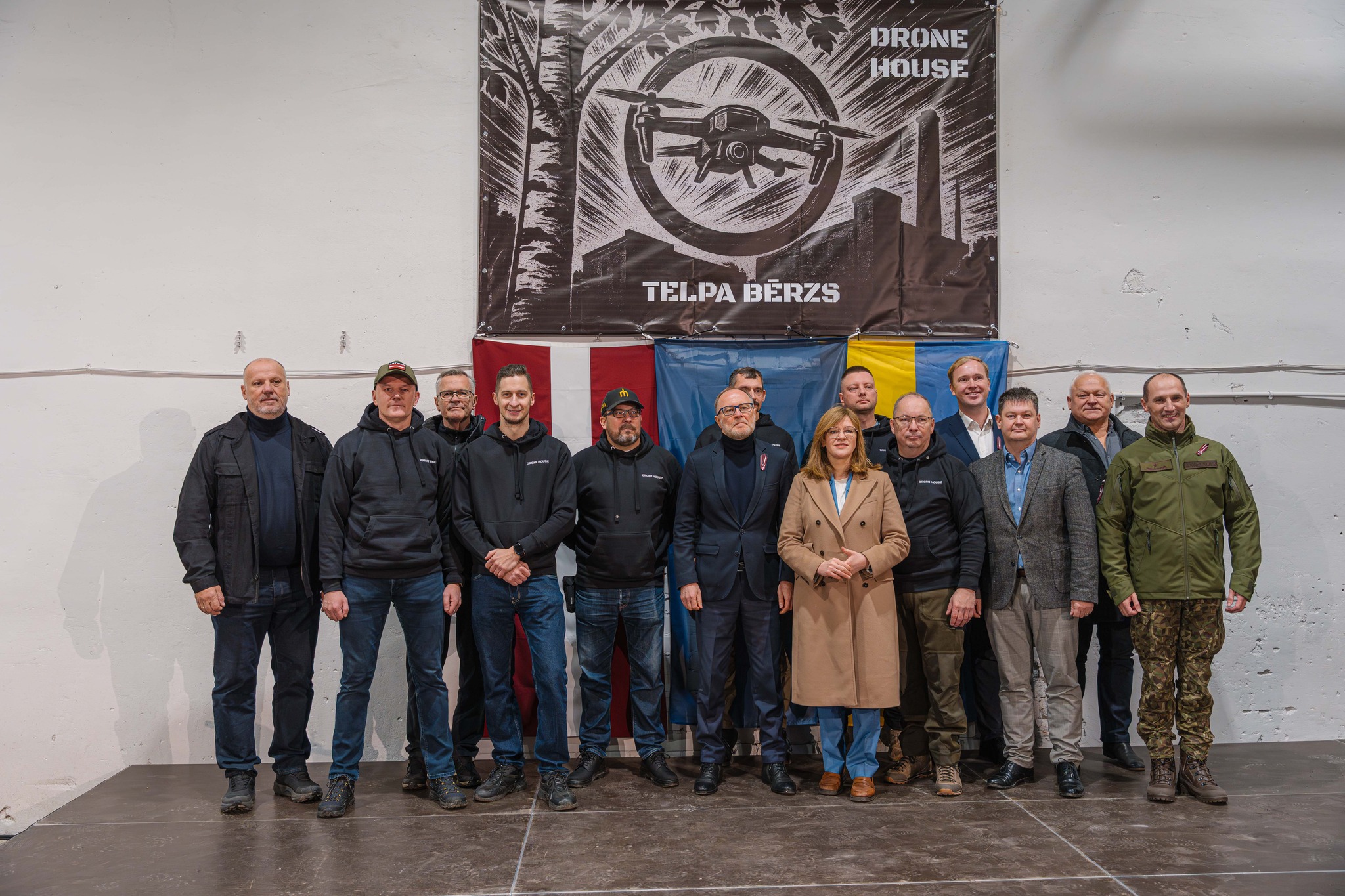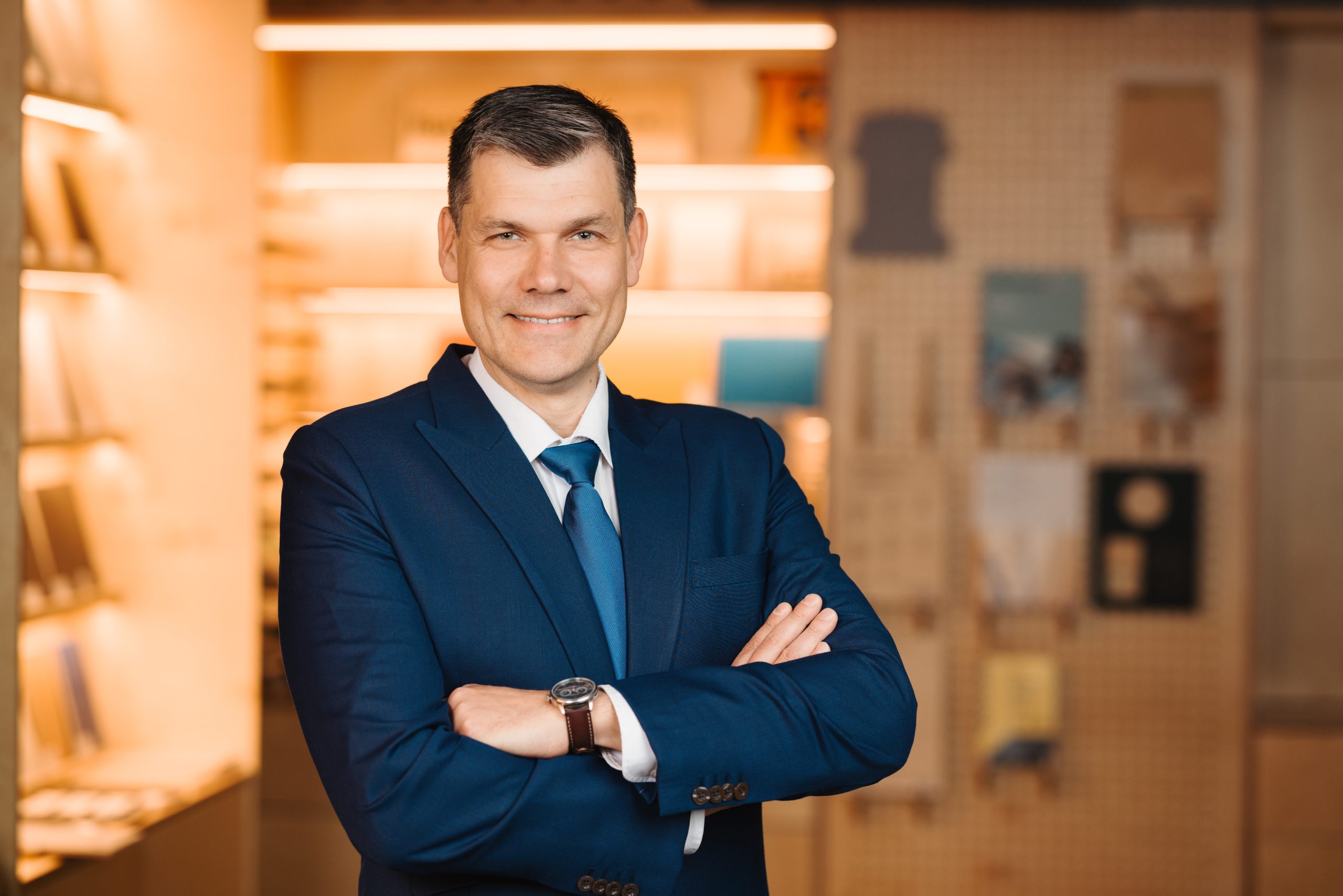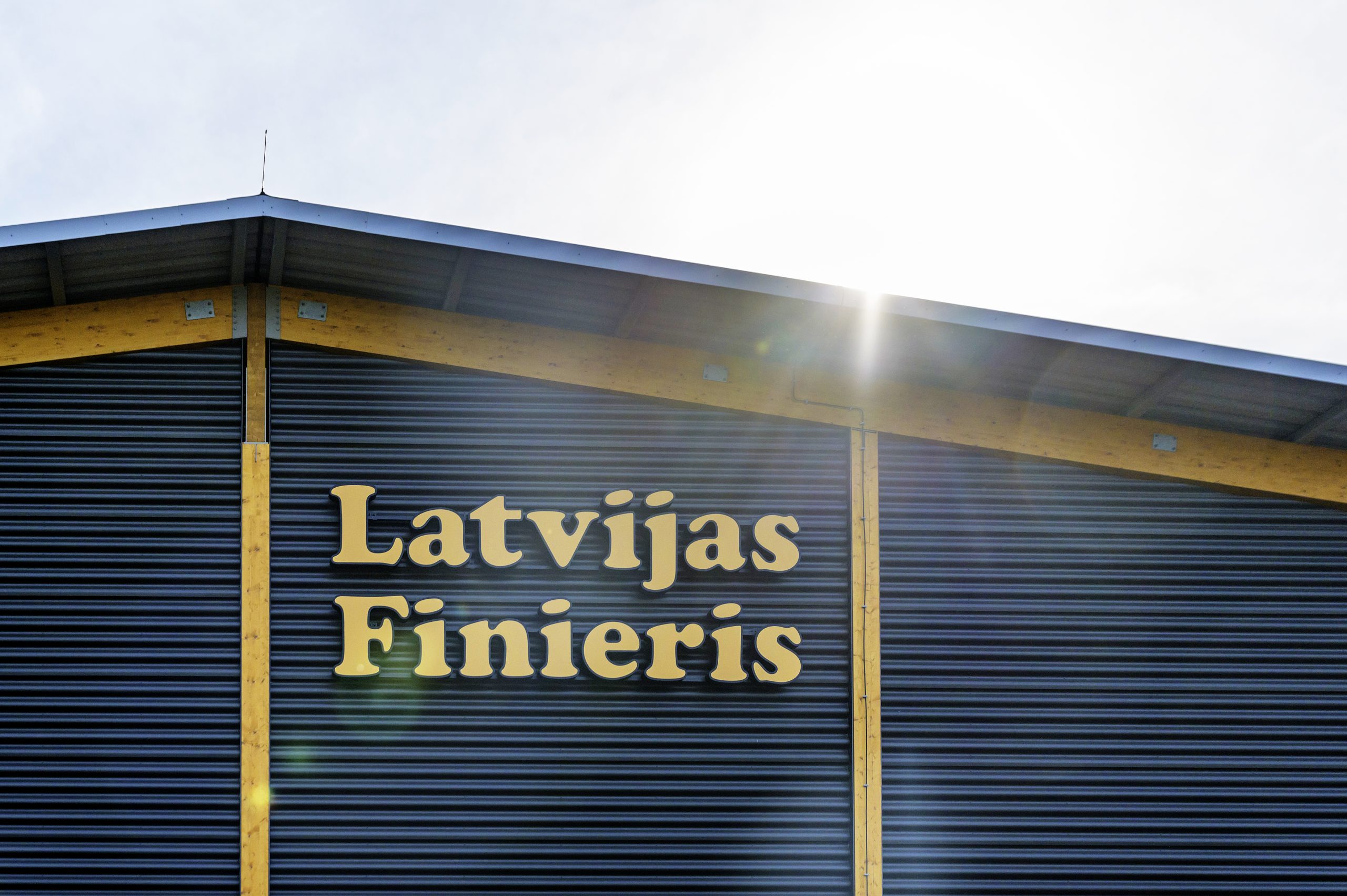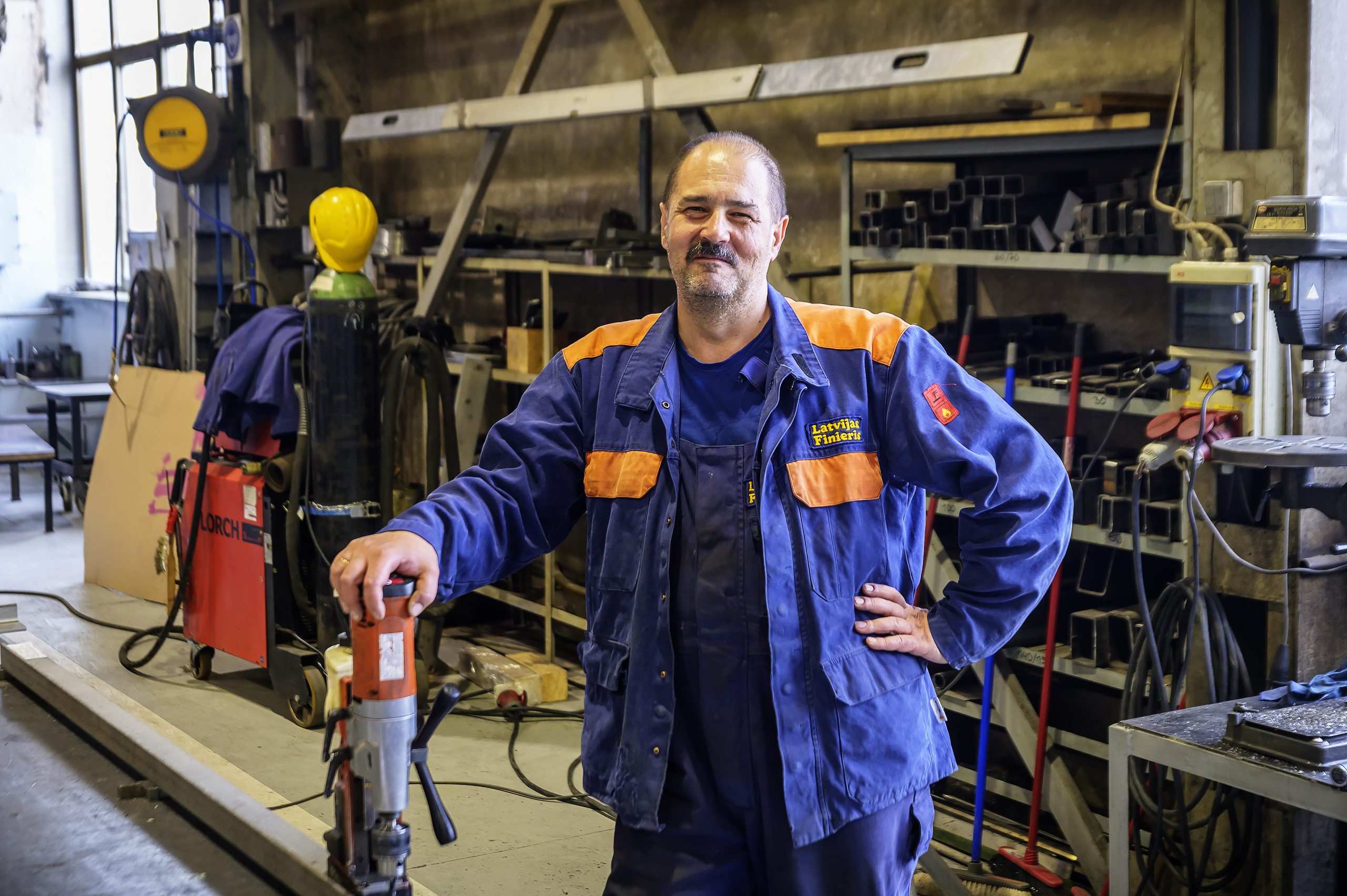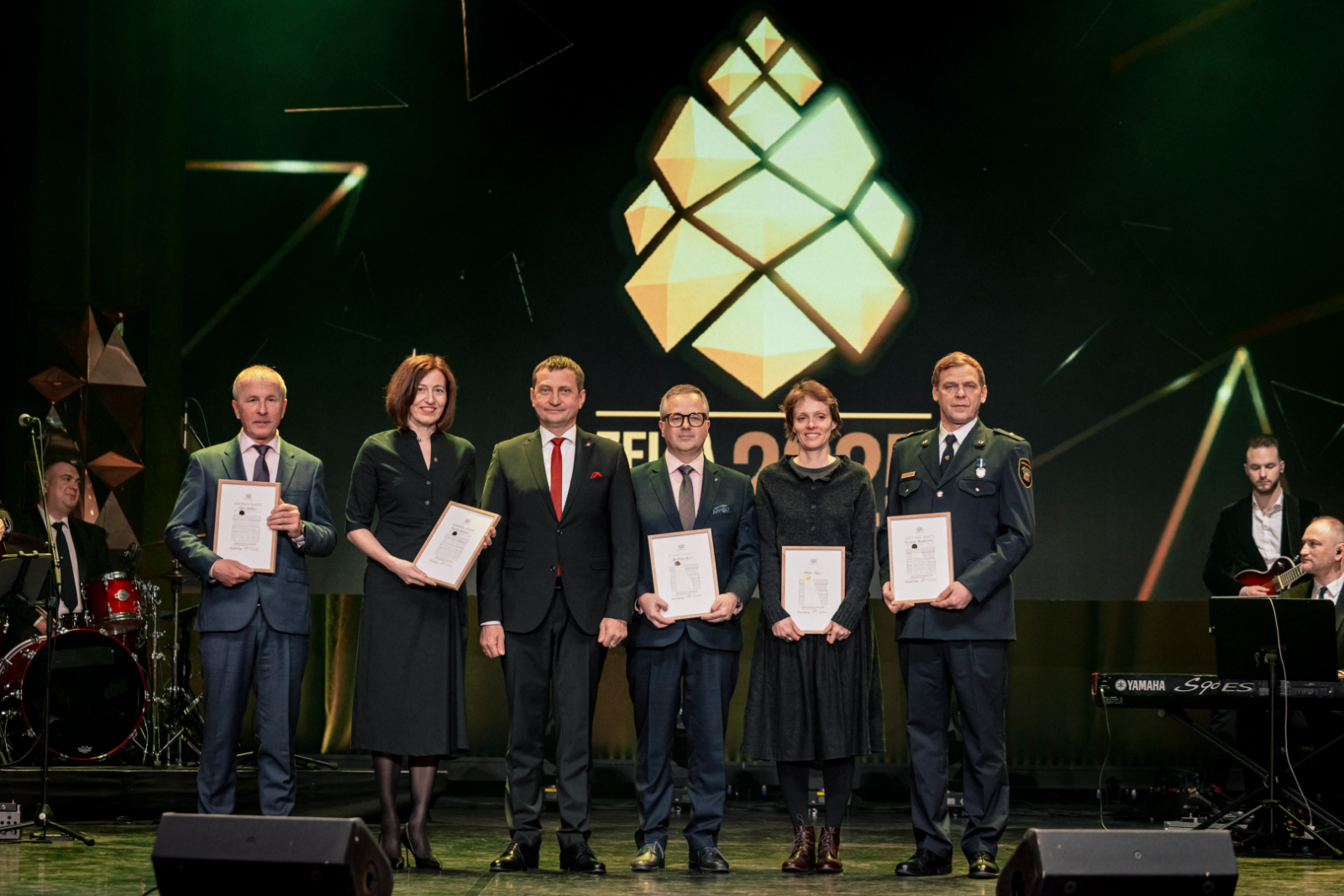Drone House Launches the Largest Indoor Micro-Class Tactical Drone Training Centre in the Baltics
10.11.2025
On Saturday, 8 November, the largest indoor micro-class tactical drone training centre in the Baltics, Drone House, was officially opened on the Latvijas Finieris site by the association Drone House, in partnership with Drone Force Europe. The new centre is intended for training micro-class unmanned aerial vehicle (UAV) operators, supporting the advancement of Latvia’s drone piloting and security technology capabilities.
The centre’s primary target groups include Youth Guard members, pupils from general secondary schools, students, service personnel, members of the National Armed Forces, State Police officers, and other individuals interested in acquiring drone operation skills. Free training will be offered to schoolchildren and youth workers, while a range of course levels and individual lessons will be available to all other participants.
Micro-class tactical drones have been selected because they represent one of the most dynamic areas of drone technology today. Their compact size, ease of transport and rapid deployment make them especially well-suited to tactical operations, reconnaissance, and real-time situational awareness. Such traits have rendered them indispensable across civilian and military environments.
At the opening of the centre, Jānis Asars, a Board Member of Drone House, underscored the importance of drone technology in the context of modern security and innovation:
“Drones are now more important than ever – they have become essential tools for both security and technological development. With the opening of our new Drone Competence Centre, we aim to engage young people in this rapidly growing sector by giving them the opportunity to learn the fundamentals of drone operation and technology free of charge. The centre will offer a range of training programmes for both beginners and more experienced operators, along with tailored options for companies wishing to train their employees. It is an investment in our shared future – in knowledge, safety and innovation.”
Māris Bruža, a Board Member of Drone House, noted that drones have become an integral element of the modern battlefield:
“Drones change the battlefield every day. They support operations and save soldiers’ lives in both defensive and offensive roles. Drones conduct reconnaissance, as well as offensive and supply operations. Yet behind every effective drone operation, a human operator remains essential. A well-trained soldier – a skilled drone operator – has become a high-priority target on the battlefield. To be better prepared for the harsh realities of today’s battlefield, training must begin as early as possible and continue throughout the year. The Drone House indoor training centre will help offset the limitations imposed by long winter evenings, ensuring year-round training opportunities.”
The Centre provides a wide range of training opportunities, both indoors and outdoors. The overall training infrastructure has been developed to meet modern technical and safety standards, comprising a 2,500 m² indoor training hall, a 500 m² practice area, a 50 m² classroom, and a 10,000 m² outdoor training zone. Training will utilise simulators, soldering equipment and other technical tools to teach the fundamentals of both drone flight and construction.The Centre will be operated by Drone Force Europe, which has extensive experience in drone technology training.
As Viesturs Silenieks, Chairman of the Board of the Association, notes, the Drone House training ground is the first of its kind among NATO countries:
“The initiators of this training ground are security professionals who employ unmanned systems in their daily work. Drone House is unique in that a public organisation dedicated to strengthening national security has created an opportunity for military personnel – including NATO troops, National Guardsmen, Youth Guard members, and civilian security specialists stationed in Latvia – to hone their skills. This is the first drone range of its kind in a NATO country, where exercises can be carried out both indoors and outdoors under the guidance of experienced instructors.”
The training programmes include FPV drone piloting, drone manufacturing and soldering, as well as quadcopter flight courses. Theoretical lessons range from 4 to 10 hours, while practical skills will be taught for 8 to 40 hours. The total duration of the course will be 20 hours on average. Training will be organised in groups according to participants’ prior knowledge and skills, while also accommodating individual needs where required.
The Training Centre has a special focus on youth education. Information on how to apply for the free classes will be available at dronehouse.lv. Drone House is already working with the Youth Guard Centre, which has expressed interest in organising joint training.
Work with micro drones further develops technical thinking, spatial awareness, digital and engineering skills, as well as teamwork, and a responsible approach to technology use. These skills are in high demand across the IT, engineering, security and logistics sectors, helping young people to identify potential future career paths.
The centre’s principal financial supporter is Latvijas Finieris, which has already provided one of the largest private grants in Latvia to Ukraine and is now investing in strengthening Latvia’s drone piloting capabilities.
Chairman of the Supervisory Board of AS Latvijas Finieris, Uldis Biķis:
“This is a time when security and independence can no longer be regarded as the sole responsibility of state institutions – they have become a shared obligation for all of us. By supporting the creation of Drone House, we are investing in the knowledge and skills of a new generation that will enhance Latvia’s security and technological preparedness. Our goal is for at least 50,000 people across Latvia to learn the fundamentals of drone technology each year and become part of a unified drone training ecosystem. Only in this way can we ensure that Latvia not only keeps pace with the times, but also helps shape the future of security and innovation itself.
We encourage other businesses to get involved – to open their facilities for drone training and to help create spaces where young people and professionals can safely develop their skills. Together, we can build a safe, knowledgeable and well-prepared society, ready to meet the challenges of the future.”
Tet and the law firm Ellex Kļaviņš have also provided significant support for the establishment of the Centre.
The improvement works were completed in July this year, with total investment amounting to approximately € 300,000. The Centre started operating immediately after its opening.

